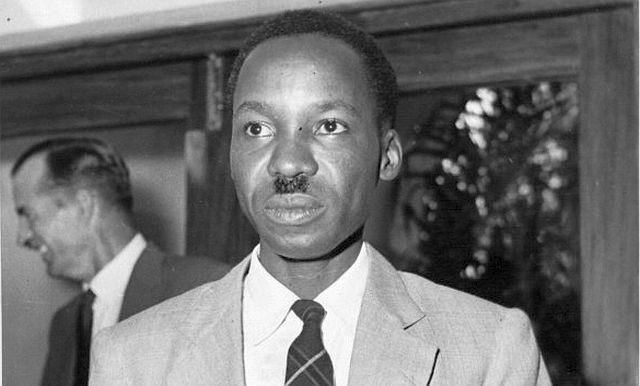Nyerere, Julius Kambarage
1922–1999
President of Tanzania
Julius Nyerere led the fight to end British rule in Tanganyika (now TANZANIA) and served as the country's president from 1962 to 1979. He also played a key role in Africa's struggle for freedom and social justice, and African independence movements found refuge in his country.
The son of a chief, Nyerere was educated in Uganda and worked as a teacher before attending Edinburgh University in Scotland. Graduating in 1952 with a master's degree in history and economics, he returned to Tanganyika to teach. Nyerere soon became active in politics, and in 1954 he founded the Tanganyika African National Union (TANU). Calling for social equality and racial harmony, he became a leading figure in Tanganyikan politics.

Tanganyika gained its independence in 1961 with Nyerere as prime minister. When the country became the United Republic of Tanzania three years later, Nyerere was elected its president. Establishing oneparty rule, he followed a policy of socialism and self-reliance called ujamaa. However, his program failed to develop agriculture and industry, and Tanzania's dependence on outside aid increased. Within Africa, Nyerere was a founder of the ORGANIZATION OF AFRICAN UNITY and a supporter of the fight against apartheid in South Africa. After resigning as president of Tanzania in 1979, he worked as a political writer and commentator. (See also Colonialism in Africa, Independence Movements.)